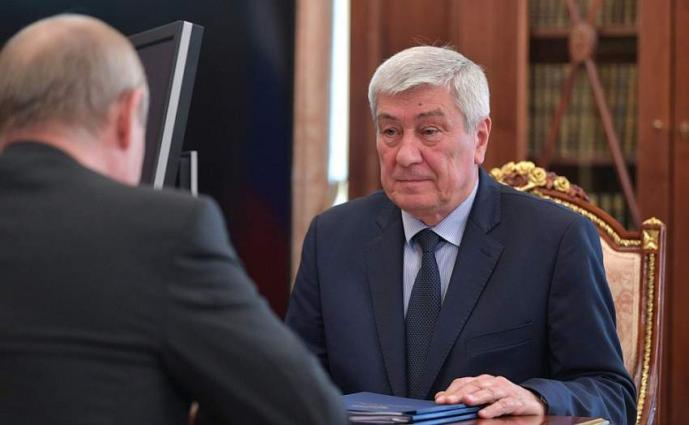
The 250-person anti-money laundering authority – far smaller than the banking and medicines regulators Ireland bid for in 2017 – would directly oversee a small number of firms in the financial sector, where it would have the power to order on-site inspections or issue fines.įor other firms, national supervisors – in Ireland’s case, the Central Bank, the Department of Justice’s Anti-Money Laundering Compliance Unit, the Garda Financial Intelligence Unit and the Criminal Assets Bureau – would continue to fight financial crime as they do now.This is a locator map for Libya with its capital, Tripoli. Ireland’s bid comes just weeks after it closed a controversial golden visa scheme – the Immigrant Investor Programme – that was dominated by Chinese millionaires. The authority is part of a major overhaul of the EU’s financial rulebook, first proposed in 2021, which would shed more light on beneficial ownership, see the EU directly supervise the riskiest financial firms, and bring crypto traders, crowdfunding platforms, fintechs and golden visa schemes into the supervisory net. The EU had previously said it wanted the agency up and running by the beginning of 2024, but the package of rules setting it up has yet to be voted into law by MEPs and EU governments.įine Gael’s Frances Fitzgerald, an MEP on the European Parliament’s economic affairs committee, which adopted its own position on the law today, said a deal has become “even more pressing since the start of the war in Ukraine as it is clear that member states have struggled to fully implement sanctions against Russian oligarchs”. This is the third recent bid Ireland has made to bring a new EU agency to the country, after failing to rehome the bloc’s banking and medicines regulators here post-Brexit.



Six other EU countries - Germany, France, Spain, Austria, Lithuania and Luxembourg - have also expressed an interest in hosting the agency. After getting cabinet assent for Ireland’s bid on Tuesday, he also highlighted Ireland’s “unique perspective” as the main common law jurisdiction in the EU post-Brexit.


 0 kommentar(er)
0 kommentar(er)
